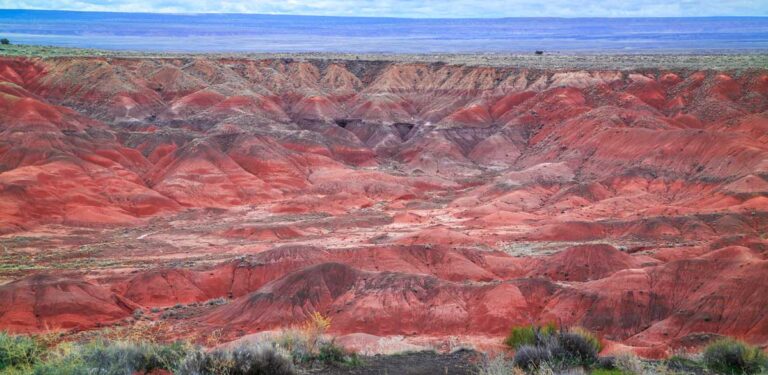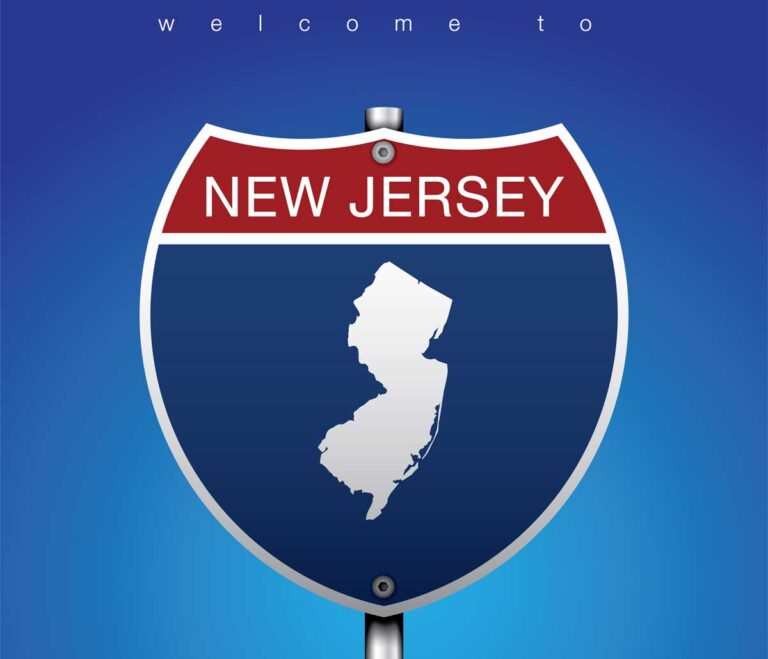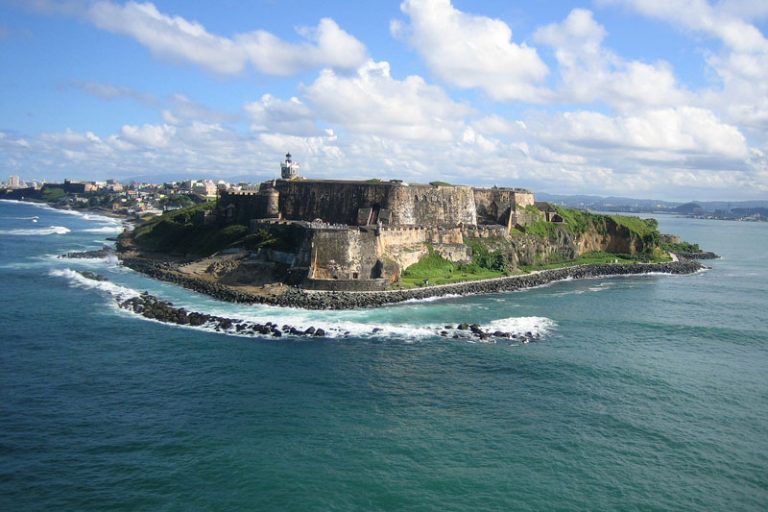What is Mississippi Known For? (28 Famous Things to Know)
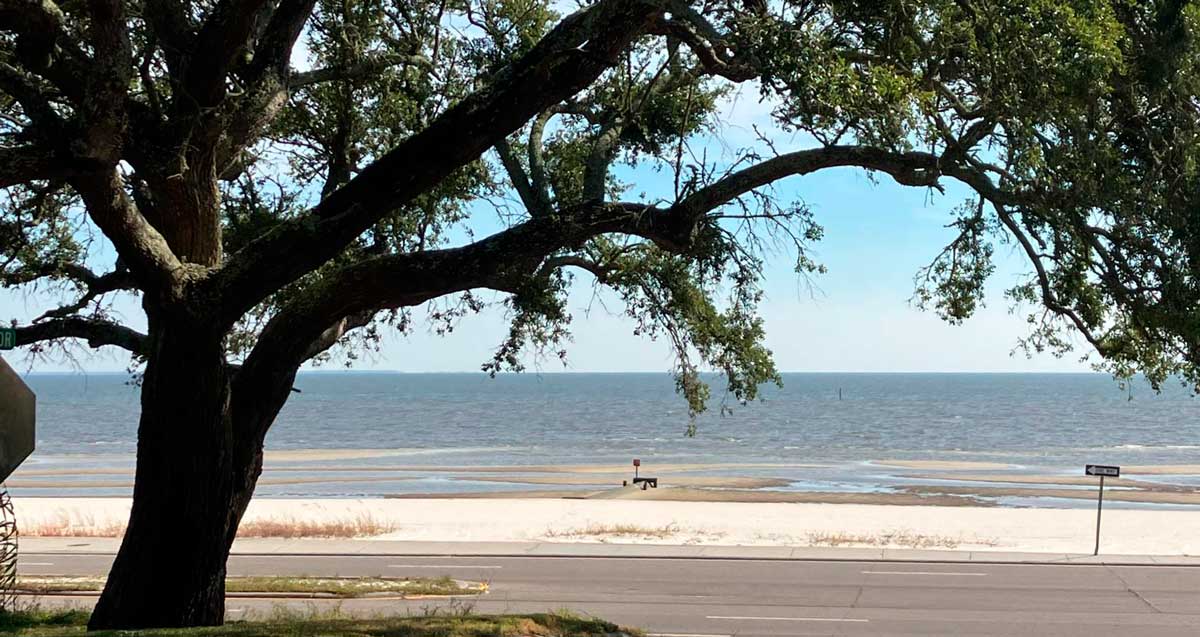
Mississippi, the Magnolia State, is known for its southern charm, its southern cooking, and its long stretch of Gulf Coast beach.
Mississippi is also known for its history, such as its involvement in the Civil War and Civil Rights Movement, and for its strong cultural heritage like Delta Blues music.
Read on to learn about some of the things you might not yet know about Mississippi–like the fact that it’s the catfish capital of the world, has its own “Little Grand Canyon,” and has NASA’s largest rocket testing facility.
Contents
- 28 Famous Things to Know about Mississippi
- 1. The Mississippi River
- 2. State Flag
- 3. Catfish Capital
- 4. Racial Diversity
- 5. Mississippi Gulf Coast
- 6. Gulf Islands National Seashore
- 7. Siege of Vicksburg
- 8. Vicksburg National Military Park
- 9. Delta Blues
- 10. Natchez Trace
- 11. The Great Flood
- 12. Emmett Till
- 13. Mound Builder Culture
- 14. Trail of Tears
- 15. Cotton
- 16. Sharecropping
- 17. Freedom Summer Murders
- 18. Dixie Mafia
- 19. Stennis Space Center
- 20. Casinos
- 21. Elvis Presley
- 22. Bluegrass Music
- 23. Hurricanes
- 24. Religion
- 25. Red Bluff
- 26. Battle of Oxford
- 27. William Faulkner
- 28. Cruisin’ the Coast
- FAQs About Famous Mississippi Things
Advertising Disclosure: What States is a for profit reference website, supported by advertisements. Thank you for supporting our mission to make geography fun for all!
28 Famous Things to Know about Mississippi
1. The Mississippi River
The Mississippi River – also known as the “Big Muddy”–is the second-longest river in North America. The name comes from the Anishinaabe name Misi-Ziibi, or Great River.
The Mississippi River has long been the dividing line between the eastern and western United States. In the state of Mississippi, Vicksburg is one of the more historically significant towns on the river. It is located where the Mississippi and Yazoo Rivers meet.
❗ Trivia Time: Find out what states the Mississippi River runs through.
2. State Flag

The Flag of Mississippi has undergone more transformation than most state flags. The original Mississippi state flag was approved by the state legislature in 1894 (without much public knowledge of this decision). The original design included the Confederate battle flag (also known as the Beauregard Battle).
The state flag featuring the Confederate flag remained in place until 2020, though there were some earlier efforts to replace it, some of which were defeated by voters. In 2015, singer Steve Earle released a song called “Mississippi It’s Time.” The new flag features a Magnolia Blossom.
3. Catfish Capital
Mississippi (and specifically the town of Belzoni in Humphreys County) is known as the “Catfish Capital of the United States” because it dominates the farm-raised catfish industry.
The state produces 75% of the total catfish consumed in our nation. The catfish industry also employs 8,000 people in Mississippi.
4. Racial Diversity
As of 2020, about 49.8% of births in Mississippi were of non-Hispanic white children and 42.7% were of African American children, making the state extremely diverse.
Mississippi also has the highest percentage (among total households) of African American same-sex couples in the nation.
❗ Trivia Time: Do you know what states are considered the American South?
5. Mississippi Gulf Coast

In 1990, the Mississippi state legislature chose to legalize gambling along the Mississippi River and the Gulf Coast. This led to a boom of resort towns on the Mississippi coast, including the towns of Biloxi, Bay St. Louis, and Gulfport. The coast has 62 miles of shoreline with mostly man-made white-sand beaches.
6. Gulf Islands National Seashore
Gulf Islands National Seashore is owned and operated by the National Park Service. Parts of the park are located in Mississippi and others in Florida. The Mississippi areas include barrier islands in the Gulf of Mexico. Ship Island can be visited by ferry and includes a historic fort (Fort Massachusetts).
7. Siege of Vicksburg
The Siege of Vicksburg was a major American Civil War conflict that lasted between mid-May and early July 1863. Vicksburg, Mississippi was the last major Confederate stronghold on the Mississippi River. After initially failing to capture the city, Grant decided to lay siege to it beginning on May 25th.
Although fewer than a dozen civilians are thought to have died in the Siege, the struggle severely impacted citizens’ morale, especially since many of them were forced to take shelter in underground caves, giving Vicksburg the nickname “Prairie Dog Village” amongst Union troops.
8. Vicksburg National Military Park
The National Military Park in Vicksburg is a National Park Service-run battlefield that commemorates the bloodshed and troop movements during the Siege of Vicksburg. The Military Park also owns the USS Cairo, the last example of a City Class Ironclad.
9. Delta Blues
The Mississippi Delta Blues is a style of American folk music originating in northwestern Mississippi. Early Delta Blues musicians paved the way for traditional Blues artists a little later. The style is exemplified by simple call-and-response vocals and simple accompaniment on the guitar.
The most important Delta Blues musician was Robert Johnson from Hazelhurst, Mississippi. Legend has it that Robert Johnson sold his soul to the devil at a crossroads in Mississippi one night as a young man.
10. Natchez Trace
The Natchez Trace (also called the Old Natchez Trace) is a 440-mile-long trail from Nashville, Tennessee to Natchez, Mississippi. The trail was first used by Native Americans and was later used by American and European traders and explorers.
By 1809, the trail was completely navigable by wagon, lined by trading posts and inns. The Trace was sometimes referred to as the “Devil’s Backbone” because of the rough conditions and frequent highwaymen encountered.
11. The Great Flood
The single most destructive flood in history was the Great Mississippi Flood of 1927. There were 500 deaths and over 600,000 people were impacted. Floodwaters were up to 30 ft. deep. Floodwaters broke the levees in at least 145 places.
The Great Flood led Congress to approve a major flood prevention plan that included the world’s longest system of levees and floodways.
12. Emmett Till
Mississippi was the location of the tragic death of 14-year-old Emmett Till in 1955. Till, who was from Chicago, visited relatives in Mississippi during his summer break. After being accused of offending a white woman in a grocery store, Till was brutally abducted, tortured, and lynched. Although the murderers were found not guilty by an all-white jury, Emmett Till’s death prompted a new phase of the Civil Rights movement.
13. Mound Builder Culture
The Mound Builders are a group of cultures who built earthen mounds for funerary and celebratory purposes. Starting around 800 CE, the mound builder culture was dominated by the Mississippian Culture, named after the Mississippi Valley where the groups were located. Two famous Mississippi mound builder archeological sites include the Emerald Mound in Stanton, Mississippi, and the Grand Village of Natchez in Natchez, Mississippi.
14. Trail of Tears
The Trail of Tears was the forced migration of tens of thousands of Native Americans. Mississippi was one of the states that forced the displacement of tribes, including the Choctaw. The Treaty of Dancing Rabbit Creek removed most of the Choctaw Nation from the area that would later become the state of Mississippi. The Choctaw who did remain in Mississippi became the first major non-European group to gain US citizenship.
15. Cotton
During the first half of the 19th century, Mississippi was the epicenter of global cotton production. Mississippi’s early economy was driven by the intertwined dynamics of cotton production, plantations, and slave labor. As cotton production increased, so did Mississippi’s population. A common saying, when referring to the deep south in the 19th century, is that “cotton was king.”
After the eradication of slavery, the sharecropping system served partially to maintain the status quo and keep previously enslaved people poor and dependent on white planters. Under this system, the sharecropper rented a plot of land from the planter and paid for it with the percentage of the crop they grew.
The sharecropper would get supplies from the planter’s stores but would have to pay them back at incredibly high interest rates, often leaving him in substantial debt.
17. Freedom Summer Murders
The Freedom Summer murders were the murders of three men (Chaney, Goodman, and Schwerner) in Philadelphia, Mississippi in June 1964. One of the victims (Chaney) was an African American man from Mississippi, while the other two were Jewish men from New York City. All three were helping register African Americans in Mississippi to vote. They were shot to death by the Ku Klux Klan
18. Dixie Mafia
The Dixie Mafia is based in Biloxi, Mississippi, and has operated in the southern United States since the 1960s. Instead of being unified by family lines or a single country of origin, the Dixie Mafia was tied together by the belief that the federal government was oppressive and action against it was justified.
In Harrison County, Mississippi, the Dixie Mafia eventually infiltrated local law enforcement and participated in extortion, aided prostitution, and sometimes even hired hits on political enemies.
19. Stennis Space Center
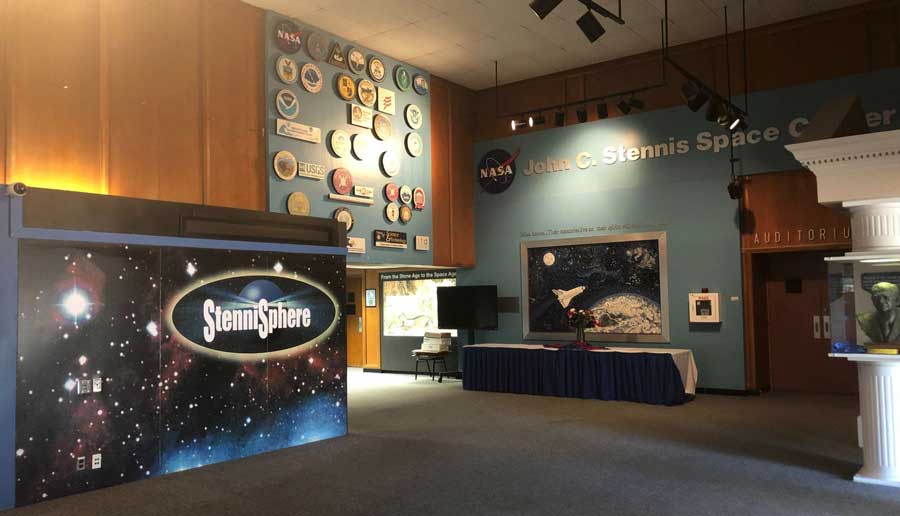
Stennis Space Center near the Mississippi-Louisiana border is NASA’s largest rocket engine-testing facility. Beginning in 1971, all space shuttle main engines were flight certified at Stennis. Though owned by NASA, the site also houses 30 other agencies and companies, including the National Oceanic and Atmospheric Administration (NOAA) and the U.S. Navy.
20. Casinos

Casinos are common along the Mississippi Gulf Coast (particularly the cities of Biloxi and Gulfport) and along the Mississippi River. Notable properties include Beau Rivage waterfront casino in Biloxi and the Hard Rock Cafe in Biloxi.
21. Elvis Presley
Elvis Presley, the “King of Rock and Roll,” is a famous resident of Memphis, Tennessee. However, Elvis was actually born in Tupelo, Mississippi.
He spent his early years in a two-bedroom shotgun house with his parents. In 1928, the Presley family lost this house when Elvis’s father, Vernon, was caught altering a check from their landowner. The family moved to Memphis when Elvis was a teenager.
22. Bluegrass Music
Like many rural places, parts of Mississippi are well-known for their bluegrass music. Bluegrass originated as white people started adopting stylistic elements from African American Delta Blues musicians.
One well-known portrayal of Mississippi’s bluegrass culture is the Coen Brothers’ movie O Brother, Where Art Thou? Set in Mississippi during the Great Depression, O Brother features a group of escaped convicts who survive on the lam by pretending to be a bluegrass band called the Soggy Bottom Boys.
👉 Read Next: What is Louisiana Known For?
23. Hurricanes
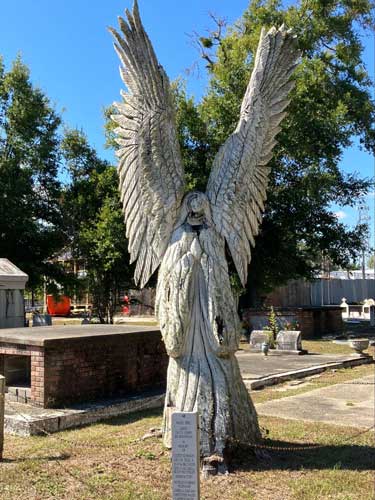
While hurricanes, particularly Hurricane Katrina, are more associated with New Orleans than Mississippi, the impacts of some of these major storms devastated the Mississippi coast. During Katrina, 11 tornadoes and a 28-foot storm surge led to hundreds of deaths and damage up to the third floor of many buildings.
24. Religion
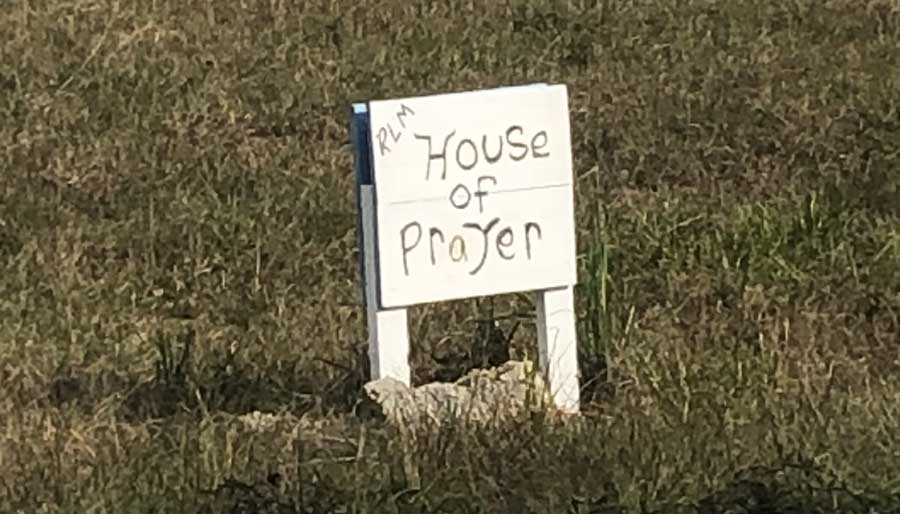
As part of the Bible Belt of the United States, religion plays a central role in the culture of Mississippi. Polls reveal that Mississippi is the most religious state in the nation, with 59% of residents characterized as “very religious.” This is compared to the nation’s average, which characterizes 40% of Americans as a whole as “very religious.”
The most common religious denomination in Mississippi is Christianity, particularly Baptist.
25. Red Bluff
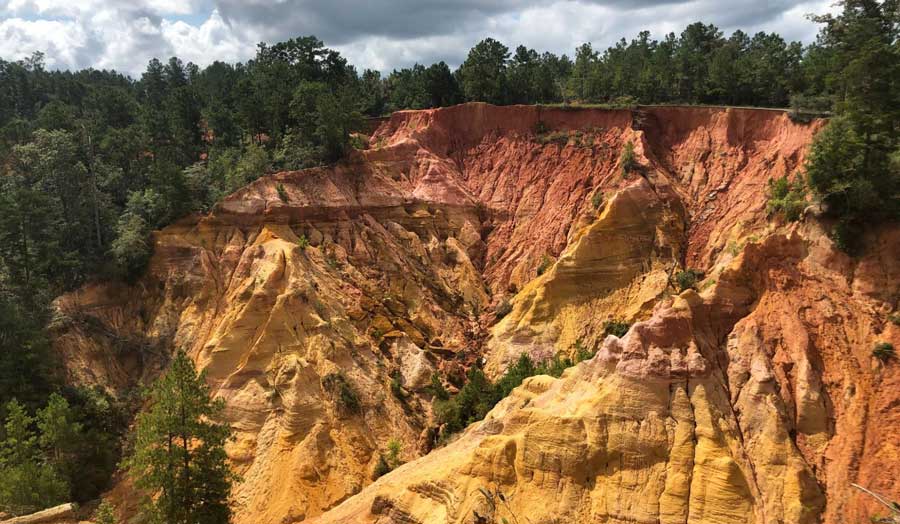
Did you know that Mississippi has its own Little Grand Canyon? Named Red Bluff, this Little Grand Canyon is located near Foxworth. The canyon is exposed red clay and sand, carved by erosion from the Pearl River.
The sides of the canyon slope sharply down about 200 feet. Since the bluffs continue to erode, Mississippi Highway 587 had to be moved twice. Remnants of the old highway hang over the canyon.
❗ Trivia Time: Do you know what states the real Grand Canyon goes through?
26. Battle of Oxford
The Battle of Oxford, also known as the Ole Miss riot of 1962, was the uprising of protestors at the University of Mississippi (“Ole Miss”) in response to integrated enrollment and the attendance of the first black student, James Meredith.
When Meredith arrived on September 30th, 1962, he was escorted to a guarded dormitory by 24 federal marshalls. An angry mob of 3,000 protestors gathered outside the university’s Lyceum building, throwing Molotov cocktails and bottles of acid at the federal marshalls and even trying to drive a bulldozer into the building.
The riot ended when over 25,000 soldiers were sent to the campus.
27. William Faulkner

Famous author William Faulkner lived in Oxford (in a home named Rowan Oak) and created a fictional setting called Yoknapatawpha County based on Lafayette County, Mississippi. The themes in his books (including both slavery and poor white southerners) are strongly influenced by the history and culture of the American South. Some of his famous works include The Sound and the Fury and As I Lay Dying.
👉 Read Next: What is Missouri Known For?
28. Cruisin’ the Coast
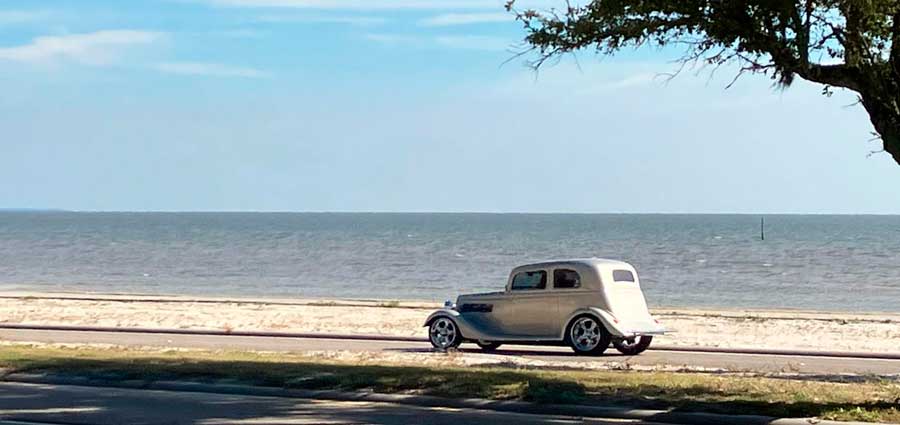
Cruisin’ the Coast is an annual festival celebrating antique cars and nostalgic music, marketed as “America’s Largest Block Party.” It began in 1996 and has grown to include over 8,000 antique cars. Car enthusiasts drive along the Gulf Coast beach highway and stop at towns along the way (including Bay St. Louis, Pass Christian, and Ocean Springs) for mini festival events.
👉 Read Next: The 50 States and What They Are Known For
FAQs About Famous Mississippi Things
What is Mississippi famous for?
Mississippi is famous for its southern charm, Civil War sites, Mississippi Delta blues, the Natchez Trace Parkway, the Gulf Coast, and its Civil Rights struggles.
Who are the most famous people from Mississippi?
The most famous people from Mississippi include Elvis Presley, Oprah Winfrey, B.B. King, writers William Faulkner and Tennessee Williams, musician Sam Cooke, puppeteer Jim Henson, blues artist Robert Johnson,
**
So what is Mississippi known for?
Mississippi is known for its rich history: from the ancient mound-builder communities to the Civil Rights movement. The “Magnolia State” is also famous as the birthplace of Elvis Presley and other famous Mississippi residents like Robert Johnson, B.B. King, and Oprah Winfrey.
Mississippi also has some stunning nature, including the Mississippi alluvial plain and river and a national seashore in southern Mississippi.
Don’t pass up a chance to see it for yourself!

